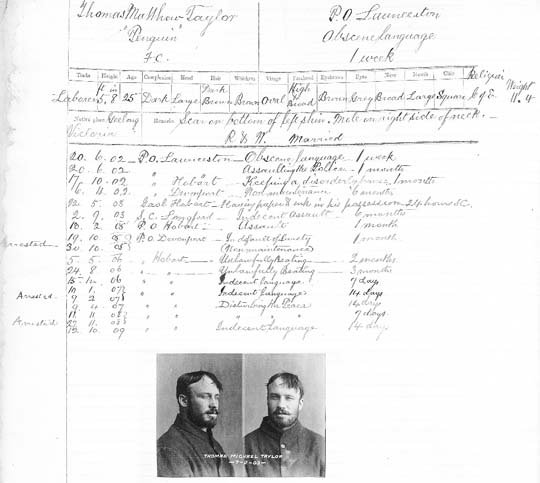What do deliberately misspelt first names, nicknames as first names and missing middle names mean when it comes to trying to trace someone? First, it is important to record the name as you find it. Second, it strongly suggests the person came from a poor background and was likely also poorly educated. Making this connection can help in finding records on people in two ways:
• If you suspect a person was low on the social ladder, consider tilting your search towards the types of records that are more likely to contain information about poor people.
For example, poor people were more likely to have been on welfare, more likely to have been wards of the state, more likely to have been an enlisted soldier in the military, more likely to have been victims of crime and more likely to have committed a crime. This would suggest you might want to focus your searches on things such as judicial records, prison records, welfare records, poor house records and military records for enlisted men (as opposed to commissioned officers).

• It can also help tilt your research away from other types of records where you are likely to have little success: land title records, voting records (especially back in the days when it was necessary to be a landowner to be a voter), university records and early street directories (which typically only listed business people).
The opposite situation, of course, is also true. Wealthy people tend to have a preference for certain first names that are often not very popular in the general population. These preferences vary depending on the time period and the place.
The next time you hit a road block tracing an individual, consider doing some research on their first name. It can provide a strong clue as to where to focus your search efforts.
You Might Also Like
A Simple Way to Read Old Tombstones

